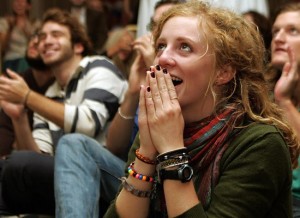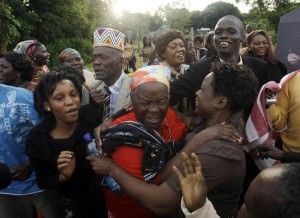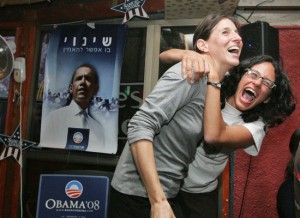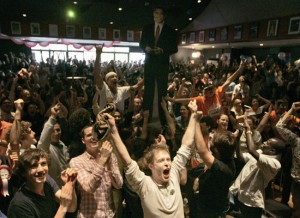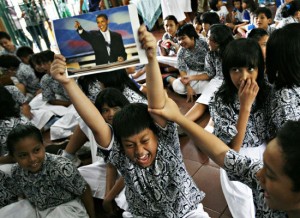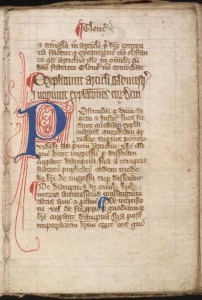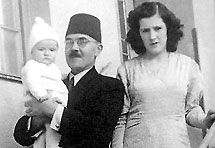Popular Logistics Congratulates President Obama on the Nobel Prize for Peace, 2009.
Popular Logistics is a Policy Blog, not a Politics Blog. We don’t really have to answer “Why Obama?” We are not on the Nobel Committee, we don’t know anyone on the Nobel Committee, and the Nobel Committee does not answer to us. However, since I’m diving into this head first, here’s how I see it.
No other world leaders come close. Not Gordon Brown, not Nicholas Sarkozy, not Angela Merkel, and not the Pope. And certainly not Putin, Medvedev, Castro, Kim Jong-Il, Chavez, or Achmadinejad, altho I am sure that the Nobel Committee could have awarded the prize to a dissident or a journalist in Russia, Cuba, North Korea, Venezuela, or Iran.
It has been speculated that the Nobel Committee wanted to influence Obama to de-escalate the wars in Iraq and Afghanistan. If so, maybe that would be a good thing. If more world leaders act with history in mind, if they compete to make the world a better place for all, not only a better place for their friends and family, then the world would be a better place.
And look at these photos. These are Obama supporters around the world from the day after the election. This is why Obama was awarded the Nobel Peace Prize. With his focus and eloquence, his intelligence and education, his humble origins and demeanor, Barack Obama inspired a strong majority of American voters in the election of November, 2008. Prior to the election he inspired a small army of supporters, mostly volunteers, who took his campaign to the streets of all 50 states.
He has inspired people of good will all over the world who see in him, and in the America, and the Americans who nominated, elected, and inaugurated him the America and the Americans who climbed out of the Great Depression with public works not a military rebuilt for an invasion, who fought and won World War II, who put men on the moon, and brought them safely home.
We see an America in which, as Dr. Martin Luther King, Jr. said, we are “judged by the content of our character not the color of our skin.”
The America in which President Kennedy said “If a free society cannot help the many who are poor, it cannot save the few who are rich.
“
Senator Robert F. Kennedy said: “There are those who look at things the way they are, and ask why… I dream of things that never were and ask why not.“
And Senator Edward M. Kennedy said: “It is better to send in the Peace Corps than the Marine Corps.“
